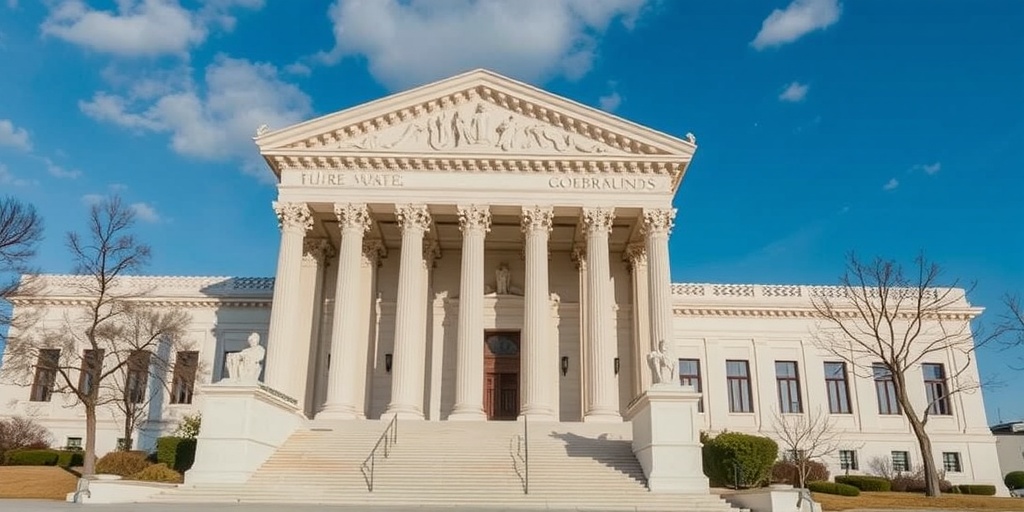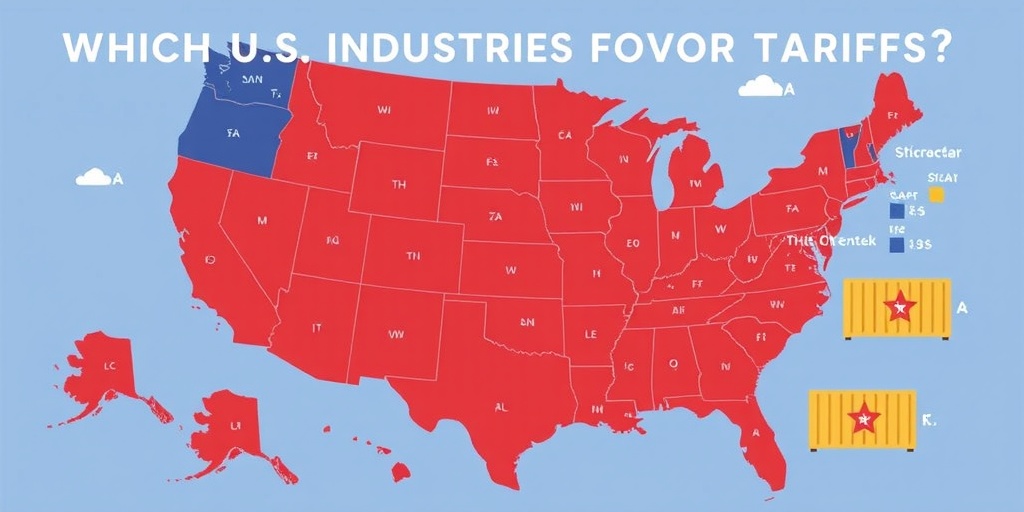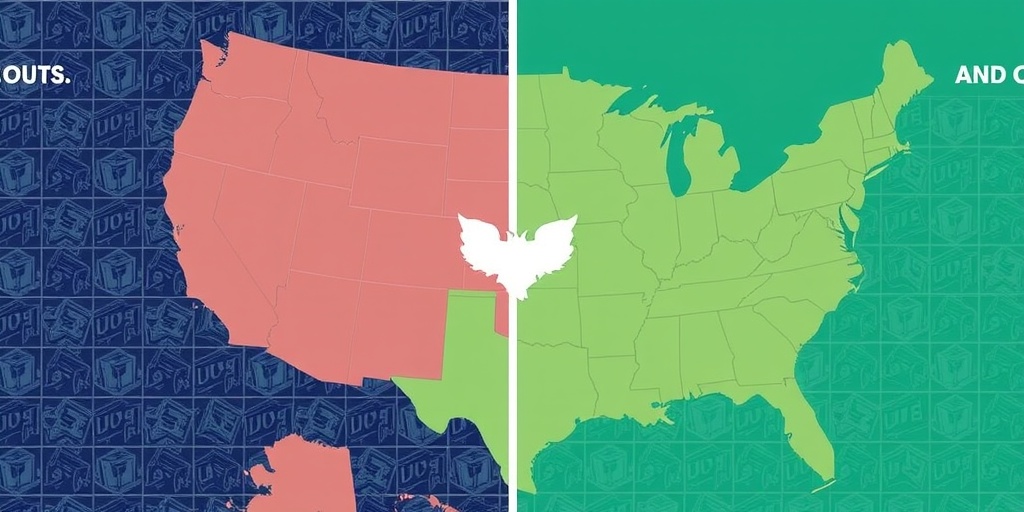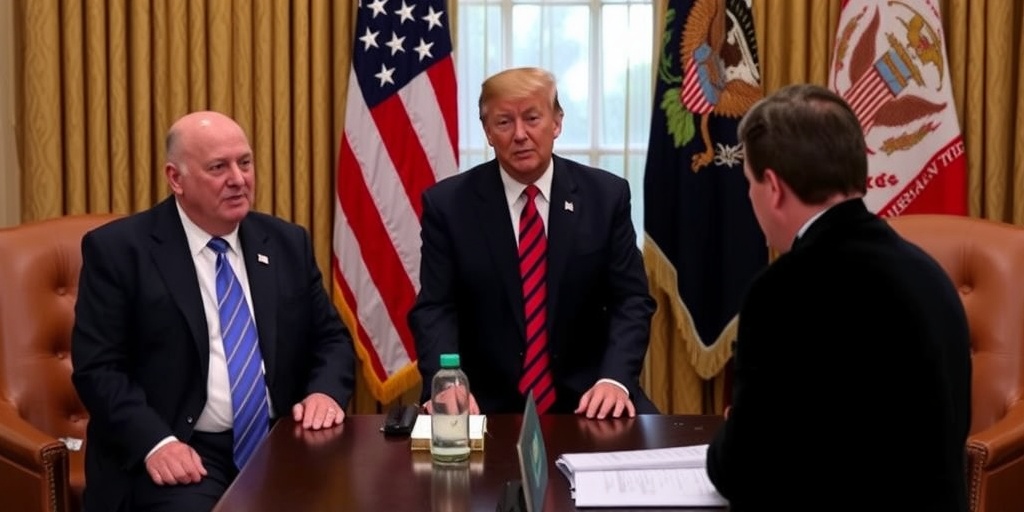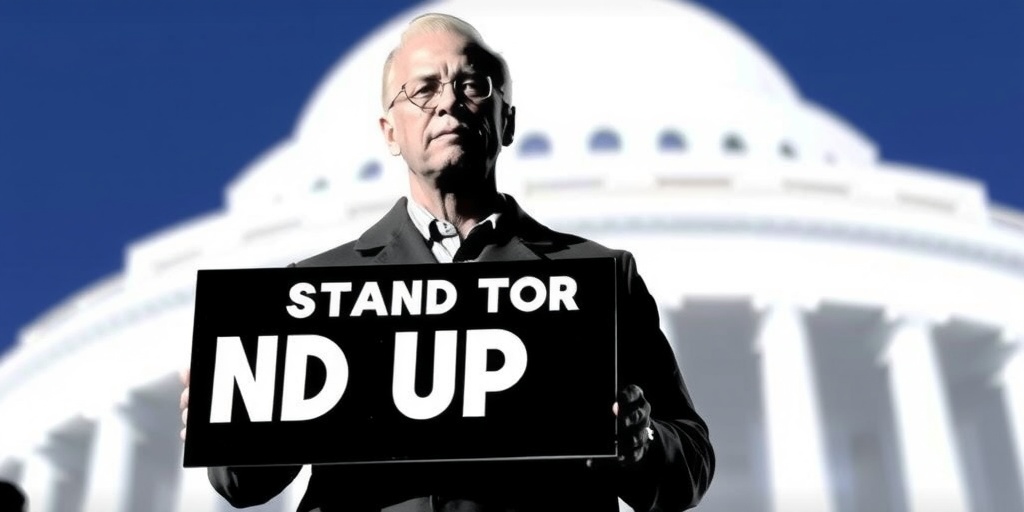Now Reading: Trump Allies Pursue Pardons from Assertive White House
-
01
Trump Allies Pursue Pardons from Assertive White House
Trump Allies Pursue Pardons from Assertive White House
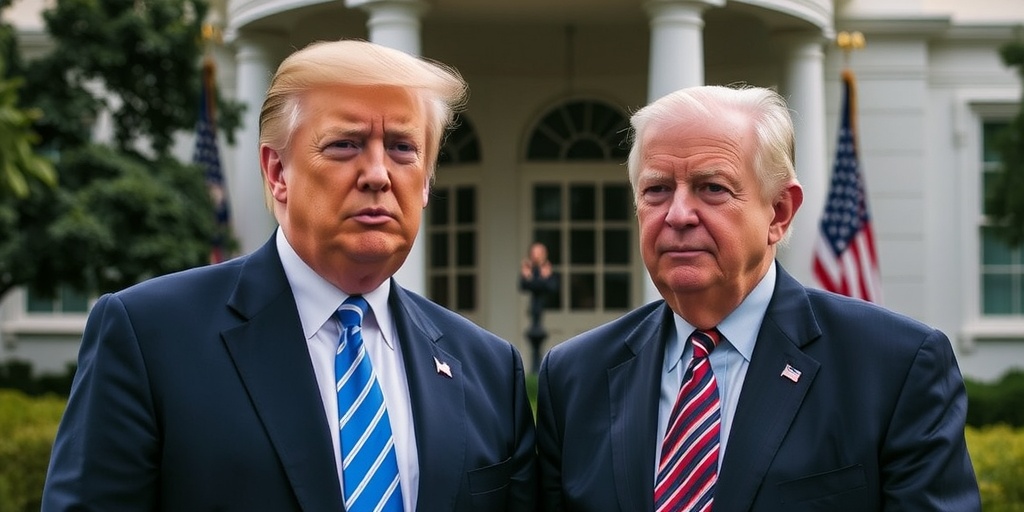
Title: Unfolding the Pardon Landscape Under Trump’s Administration
In the early hours of January 6, 2021, a senior White House official reached out to a Republican lobbyist with assurances that a pardon application for his client would be placed under consideration for President Donald Trump before he exited the presidency. However, within hours, the Capitol was under siege by Trump supporters, and the lobbyist found himself in a state of uncertainty regarding the fate of his client, Greg E. Lindberg, a prominent insurance mogul currently embroiled in a complex legal battle stemming from a bribery scandal that significantly impacted North Carolina’s Republican landscape.
Fast forward four years, Lindberg’s pardon application is once again on the table as the lobbyist actively pushes for clemency. Yet, the environment surrounding the clemency process has drastically changed. The Biden administration now features a team of appointed officials prioritizing a methodical approach to clemency applications, specifically for cases that resonate with Trump’s expressed grievances about the political manipulation of the justice system.
In what appears to be a recurring theme, individuals with connections to Trump are eagerly engaging with the clemency process. Lobbyists and attorneys are reportedly securing substantial fees from applicants who would traditionally not have access to the conventional mercy-granting system, which is designed to serve those who have exhibited remorse and a reduced risk of reoffending. Instead of adhering to these guidelines, many petitioners are navigating around established protocols by highlighting their allegiance to Trump and echoing his sentiments about perceived political bias.
Prominent among the pardon seekers are varied personalities, including a rapper convicted in a Malaysian embezzlement scheme, a celebrity couple sentenced for bank fraud and tax evasion, and two police officers found guilty of involvement in a chase that led to a tragic death. The adaptation of clemency requests to align with Trump’s grievances has raised eyebrows. Rachel E. Barkow, a law professor at New York University, noted the potential for corruption is notably higher this time around, as people have identified methods to ensure their appeals reach the right ears within the administration.
“Like any sequel,” Barkow remarked, “it’s going to be worse,” referring to the intensified politicization of pardons under Trump. Both Trump and his successor, President Joe Biden, have faced criticism for sidelining the Justice Department’s screening procedures when issuing clemency, oftentimes favoring political allies or family members over a structured, impartial review process.
The Office of the Pardon Attorney, responsible for filtering and recommending pardon applications, already appears to be marginalized. Reports indicate that during Trump’s first administration, the clemency process was largely transferred to the White House Counsel. Recent developments reinforce this, with Elizabeth G. Oyer, who recently served as the U.S. pardon attorney, announcing her termination, further indicating a shift away from traditional oversight.
Trump’s newly appointed allies within the White House, including Sean Hayes and Gary Lawkowski, are instrumental in handling the clemency petitions. Trump has even appointed Alice Johnson, a clemency advocate during his prior tenure, as “pardon czar,” tasked with overseeing the clemency process. Supporters of Johnson express hope that she will champion causes for marginalized individuals whose petitions may otherwise face stagnation.
The approach to clemency under Trump’s administration reflects a broader trend where grievances about alleged prosecutorial misconduct shape the narratives of clemency requests. Alex Little, a former federal prosecutor now representing various clemency applicants, highlighted that many connected to Trump share a perspective that resonates with victims of perceived political justice.
By establishing personal ties with the former president and presenting meticulously crafted cases to the White House, lobbyists and lawyers are attempting to prompt leniency for their clients. For instance, Lindberg’s lawyers are framing his situation as one of overreach by aggressive prosecutors, while also likening him to Trump himself.
Others, like Todd and Julie Chrisley—convicted for financial crimes—are aligning their appeals framed as victims of politically motivated justice, hoping it resonates with the administration’s narrative. The financial implications of securing such pardons have not gone unnoticed; for example, Vogel’s firm reportedly garnered $100,000 in lobbying fees in just three months during Trump’s last term.
While there is optimism among some quarters about the direction of clemency under this administration, critics warn that an unregulated and politicized clemency process could further entrench inequalities in the justice system, primarily benefiting the affluent and well-connected. Among these voices is Margaret Love, a former U.S. pardon attorney, who expressed concern that only those leveraging high-priced lawyers to navigate the clemency process will reap its benefits.
Emphasizing that the clemency system ought to prioritize those demonstrating genuine remorse, she argued for a more equitable approach to justice that transcends political affiliations and wealth.
As this new clemency landscape takes shape, many are left questioning who will actually benefit from this process and how deeply the justice system will remain entwined with political interests moving forward. The coming months will be critical in shaping both the narratives and the outcomes surrounding clemency in the Trump administration.
Stay Informed With the Latest & Most Important News
Previous Post
Next Post
-
 01New technology breakthrough has everyone talking right now
01New technology breakthrough has everyone talking right now -
 02Unbelievable life hack everyone needs to try today
02Unbelievable life hack everyone needs to try today -
 03Fascinating discovery found buried deep beneath the ocean
03Fascinating discovery found buried deep beneath the ocean -
 04Man invents genius device that solves everyday problems
04Man invents genius device that solves everyday problems -
 05Shocking discovery that changes what we know forever
05Shocking discovery that changes what we know forever -
 06Internet goes wild over celebrity’s unexpected fashion choice
06Internet goes wild over celebrity’s unexpected fashion choice -
 07Rare animal sighting stuns scientists and wildlife lovers
07Rare animal sighting stuns scientists and wildlife lovers













